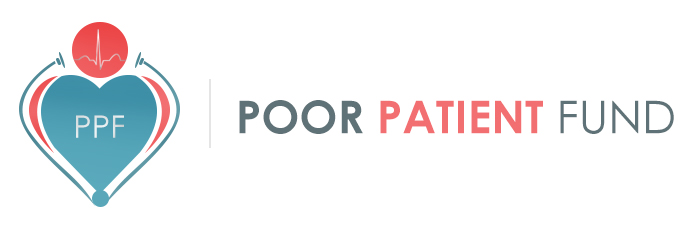
Taking medicines in Ramadan
- Posted Category : Articles
- 22 May 2018
During Ramadan, Muslims may need to adjust their medicine dosage due to fasting. The Department of Pharmacy at Sengkang Health shares some tips on taking medicine during Ramadan.
MEDICATION DOSAGE
may be adjusted for Muslims fasting during the Ramadan period.
During Ramadan, the ninth month of the Islamic calendar, Muslims who are physically and mentally fit observe fasting. Fasting during Ramadan includes abstaining from drinking and eating between sunrise and sunset.
However, if you want to fast during Ramadan, and keep with your medicine schedule, you are advised to inform your doctors and pharmacists of your intention to fast.
Benefits of discussing medicine schedule before Ramadan:
- Adjustments to your medication and therapies can be made.
- Side effects and treatment failures, due to improper use of prescribed medications, can be avoided.
Medicine tips for chronic conditions during Ramadan
If you are taking regular, long term medications, you should confirm your Ramadan medication dosage with your doctors before the fasting month begins.
You must also be sure about when to take your medicine, particularly when the medicine is affected by food intake.
Medicine tips for acute (sudden) diseases during Ramadan
If you have acute (sudden) diseases such as flu or fever during Ramadan, you are under no compulsion to fast on the days you are ill and on medication. You may make up for the days you could not fast, after Ramadan.
Diabetes medicine during Ramadan (study)
In a study conducted by the National University of Singapore, it was found that the blood sugar levels of patients during Ramadan tend to be lower.
As such, the regular dose of diabetes medication during the fasting month may in fact be “too much”.
Dose adjustments may be necessary if you have diabetes, so that you will not suffer from symptoms of low blood sugar (hypoglycaemia).
Blood thinning medicine during Ramadan (study)
In another study conducted by Singapore General Hospital , doctors and pharmacists also noticed fluctuations in the blood thickness in patients taking warfarin, a blood-thinning medicine, during Ramadan.
It was believed that dietary and lifestyle changes during the period could have caused this clinical change.
“When patients take warfarin, the effect of the medication can be affected by vitamin K intake, which is found mostly in green, leafy vegetables or other food ingredients such as mayonnaise. It is important for them to maintain their blood thickness within a pre-specified range so that it is not too thick (higher blood clot risk) and not too thin (higher bleeding risk),” explains Mr Lai.
As a result, steps have been taken to adjust medicine dosage and monitor patients who are fasting and taking warfarin during Ramadan.
Medicine during Ramadan: How your dosage might change
To help you observe fasting during Ramadan, and maintain your medication intake, your doctor/pharmacist may help you adjust:
- the times of your medication doses
- the number of doses
- the time span between doses
- the total daily dosage of medications
Reminder!
It is advisable to consult your doctor and pharmacist instead of changing your dosage yourself.
Changing your medication dosage yourself affects how your drugs work, and consequently affect their effectiveness and safety.
PMA_SA
All opinions and comments displayed do not necessarily represent the official opinion of the website, but they represent the view of the writer
